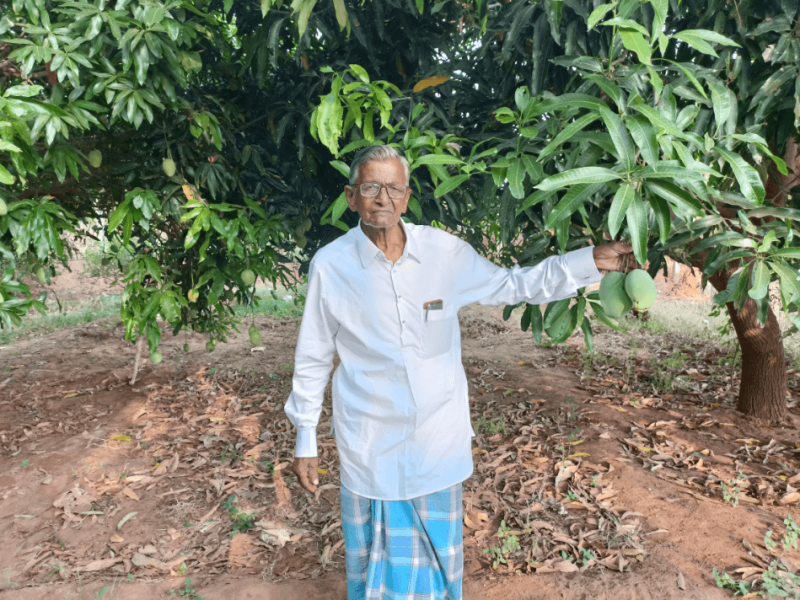Ever wondered why organic farming hasn’t taken off given the stated benefits that are reeled out by the powers that be? A visit to Kurnool district, which figured among the districts with a higher usage of pesticides and resultant pesticide poisoning reveals the lacuna that stalk the endeavour. The district has also been a subject of a paper on the issue by the renowned science journal Lancet.
Contrary to perception on organic farming the endeavour faces a series of challenges, apart from costs, which if left unattended would make it a non-starter.
 P. Ismail[/caption]
P. Ismail[/caption]
…
Commenting on these predicaments faced by farmers, G.V. Ramanjaneyulu, executive director, Centre For Sustainable Agriculture, Hyderabad says,
Making inputs for organic farming needs lot of labour and there is drudgery in doing these works. Expecting farmers to do cultivation as it was done 100 years back is not something we want. So we make these inputs in the middle of some four to five villages and distribute them. Another challenge is to keep the cost of labour lesser as higher costs on this front would make it unremunerative for farmers. Solutions can be worked out for this.































